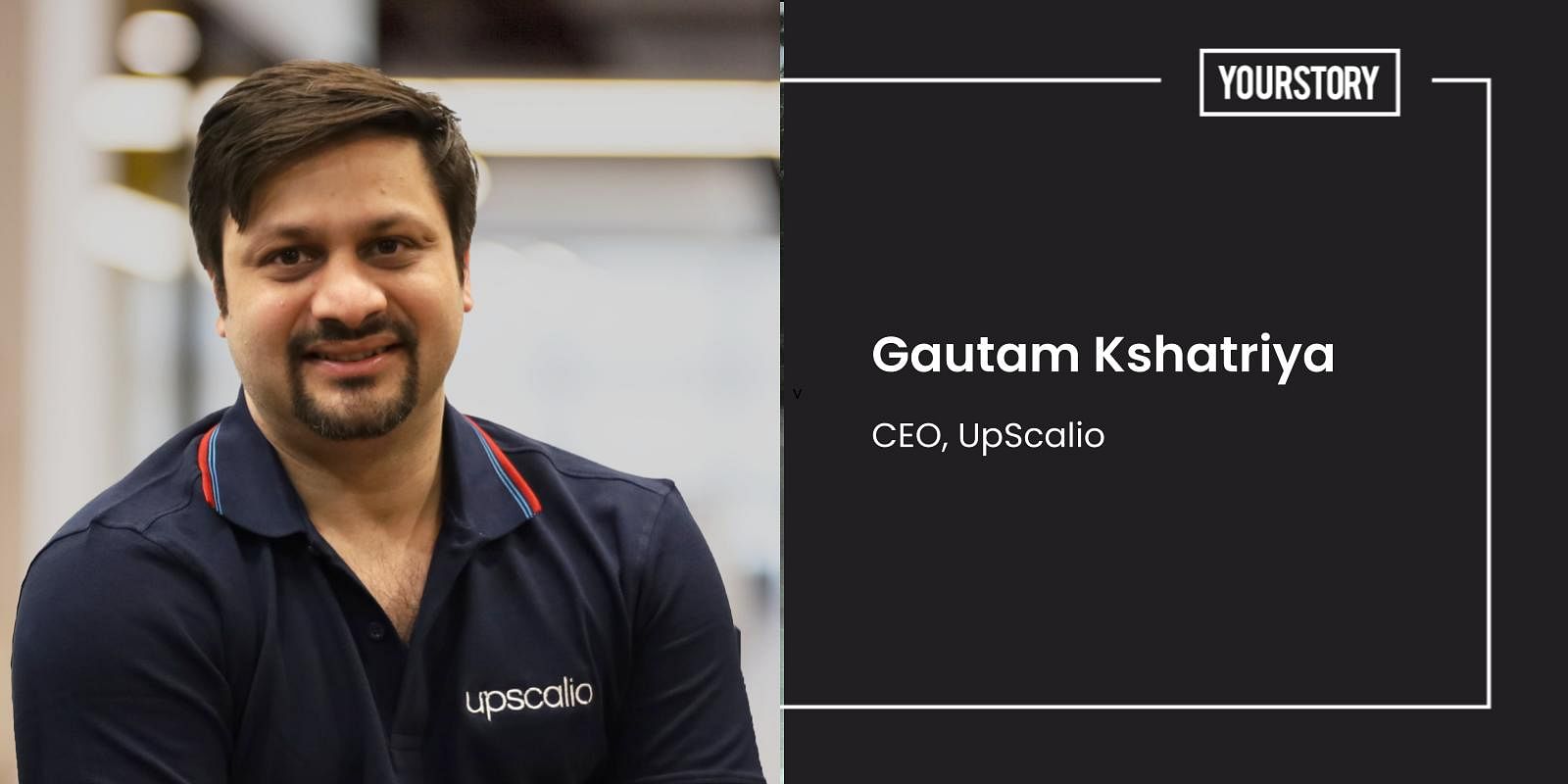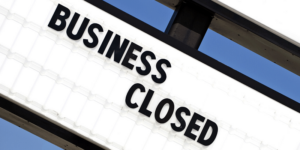Roll-up ecommerce models made it to the unicorn list in record time this year, cashing in on the Direct-to-Consumer (D2C) wave. The model, which has existed for a while now, takes a leaf out of the US-based company Thrasio’s playbook where it acquires D2C brands, which sell on ecommerce marketplaces, and scale them to generate profits.
Gurugram-headquartered , which competes with unicorns in the sector such as Mensa Brands, wants to build a niche with brands in the utility category.
UpScalio recently announced the acquisition of four auto accessories brands – Autofurnish, Destorm, Urban Lifestylers, and MotoTrance, which have a combined turnover of Rs 25 crore. The auto accessory brands manufacture car foot mats, car body covers, and bike body covers, selling their products on Amazon and Flipkart.
“Our rationale of acquiring these brands was the disorganised nature of the sector. These brands have accumulated customer love and customers take pride in these brands,” says Gautam Kshatriya, CEO and Co-founder.
With this acquisition, UpScalio currently has a portfolio of eight brands, including ergonomic chair maker GreenSoul, footwear brand Trase, backpack maker Polestar, and kitchen appliances maker, Hestia. The company plans to increase the number of brands in its portfolio to close to 50 over the next four to five years, Gautam tells YourStory.
Why pick utility category?
The company started out by evaluating deals in the lifestyle, fashion, and personal care brand space, but as the thesis evolved, the focus has been mainly on utility brands as they do not require large investments in marketing. Though the margins in fashion and beauty categories are higher, a large chunk is dedicated to marketing the brand.
“We stay away from fashion, beauty, and personal care categories as these brands take a long time to register profits. With D2C beauty brands, it is difficult to predict whether it will be profitable, while fashion requires a new drop every quarter or so,” says Gautam.
He adds that the utility category, which UpScalio deals with, does not change often and continues to draw customer attention after one to three years of setting it up.
What makes for a good acquisition target?
The key factors which make a brand an attractive target for acquisition by UpScalio include a clear path to profitability over a period of six to nine months, a minimum revenue requirement of Rs 5 crore annually, and good reviews and ratings on the ecommerce marketplaces where the brands sell their products.
“We typically enter into a partnership with these brands, acquiring controlling majority stake of up to 80 percent in these brands and giving exit to founders over time,” says Gautam.
UpScalio scales the acquired brands to 5x of their revenue over a two to three year period, with the team’s expertise in inventory management, enhanced digital marketing and managing their pricing strategy for the e-commerce platforms they sell on. Gautam says that while it is still early days, the company has been able to double the revenues of some of its acquired brands.
The annualised revenue rate of UpScalio is already at over Rs 210 crore from its existing brands, with a target of ramping up revenue to Rs 750 crore from existing and new brands by the end of FY 2021-22, he adds.
A former McKinsey executive, Gautam founded UpScalio in April 2021 along with former Bain & Company executive Saaim Khan and former Chief Marketing Officer at online beauty retailer, Purplle. The company has so far raised $42.5 million in a Series A round of funding from Presight Capital, an undisclosed global hedge fund, as well as venture debt players.
A large chunk of the equity capital has been directed to brand acquisitions, with the venture debt component used to finance working capital needs, apart from other investments.
Road ahead
With the repertoire of brands across car accessories, gardening, furniture brands, and others, UpScalio has ambitions to take them global. The company has already started with the Middle East, the US, and Europe.
“The beauty of ecommerce roll-up model is that it is a scalable and profitable business, unlike pure ecommerce platform business,” says Gautam.
According to a report published by market research firm Redseer in June, the ecommerce roll up model reduces overhead costs for brands, reduces operating costs without reduction in volume and prices and is able to command a better price without losing volumes.
With companies like Mensa Brands, which was valued at over $1 billion within six months of being incorporated, and GlobalBees chasing a new round at unicorn valuation according to reports, the race to the top has only begun.










